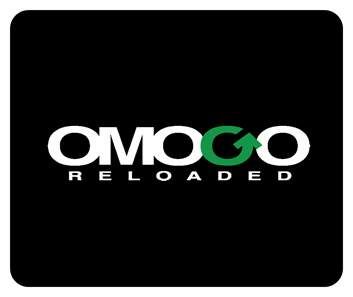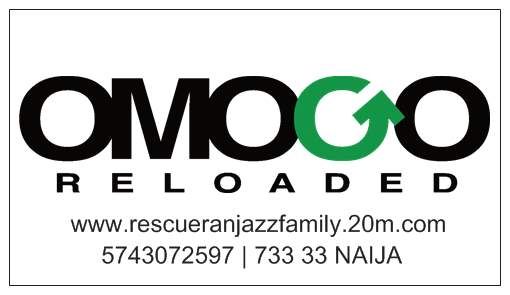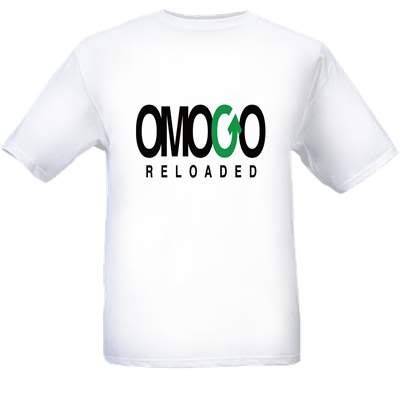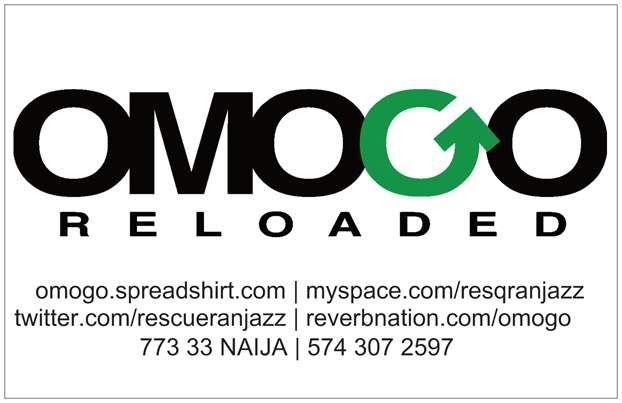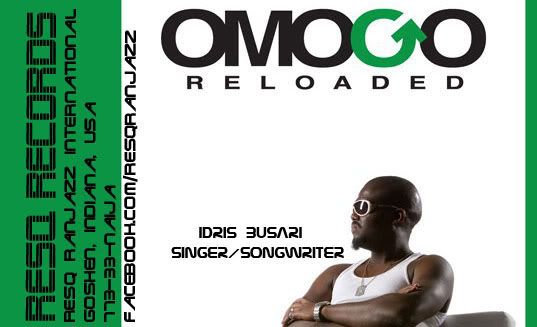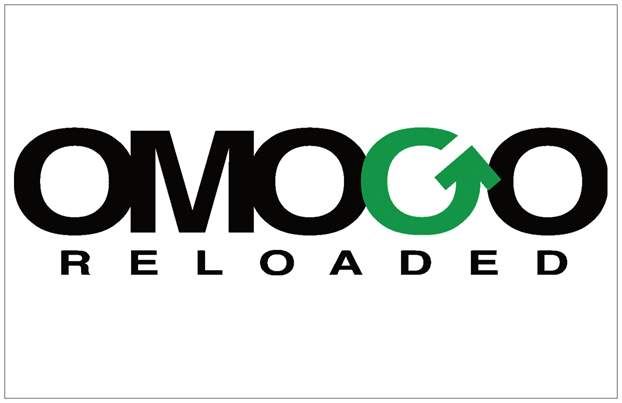What's Facebook really worth? well we know its founder Mark Zuckerberg is worth enough ! (about 4billion dollars)

If the social-media site goes public, it will have to be as forthcoming as many of its users. The prospect of an IPO has investors salivating, but would buying be a good idea?
Is Facebook finally ready to "friend" the stock market?
Speculation about the vast social-networking website going public is nothing new, and, officially, Facebook doesn't have any plans for an IPO. "But Google said the same thing a month before they filed," says Paul Bard, an analyst with Renaissance Capital, which specializes in IPOs.The market for initial public offerings has been heating up, though, and experts say they wouldn't be surprised to see an IPO filing by the world's biggest online clubhouse as soon as September or October. That would put the timing of one of the most anticipated IPOs since the dot-com boom around the end of this year.The temptation: Facebook could raise money to fund expansion while employees and early investors realized their riches by unloading shares.The downside: Facebook would have to reveal juicy details about how much money it makes and how it plans to make more. For as often as Facebook founder and CEO Mark Zuckerberg preaches publicly about how greater openness makes us better people, his company is notoriously secretive. Facebook rarely shares information such as revenue and profit margins.
The big question: How much is Facebook really worth, anyway?
Valuing the world's biggest social network

The anticipation is understandable. This is a website where hundreds of millions of people go daily to trade photos, catch up with friends and family, and share the trivia of their daily lives. (The details get too trivial for some, but hey, no one makes anyone look.) How can it not make money?
Recent leaks published by Reuters put Facebook's 2009 revenue at $800 million. A shop called Next Up Research believes Facebook brings in about $100 million a month. Based on those numbers and projected rapid growth, Next Up estimates the company is worth $11 billion to $12.5 billion. That's around the same estimate you get if you extrapolate from the value of a stake purchased by Digital Sky Technologies in 2009.
But I think those estimates are way off. Facebook is actually worth at least $30 billion. That's a little bigger than eBay (EBAY, news, msgs) and 50% bigger than Yahoo (YHOO, news, msgs), but just a fifth the size of its closest U.S. competitor, Google (GOOG, news, msgs). Here's my reasoning:
The company most like Facebook is a social-networking site called Tencent, listed on the Hong Kong exchange and based in China (where Facebook is banned). "Tencent is the Facebook of China," says portfolio manager Dennis Wassung of Cabot Money Management, which owns Tencent shares.
That's not the only parallel. Tencent has 428 million users, very roughly the same number as Facebook. (Facebook is expected to announce shortly it has topped 500 million users.)
Tencent has a market cap of $32 billion, and that's about what Facebook should be worth.
True, there are big differences between the two companies. Tencent made most of its $1.8 billion in sales last year from subscription fees and gaming, whereas Facebook earns money primarily from advertising. But my reasoning is that however you extract money using the loyalty of a social-networking site's user base as leverage, the amount of money you can extract -- and how fast that will grow -- should be about the same, because the level of loyalty is the same.
Other valuation methods suggest a similar or higher number:
First, consider the value of private shares of Facebook based on transactions carried out by independent brokers and at SharesPost.com, a platform that connects buyers and sellers in the shares of private companies.
According to Larry Albukerk, who brokers Facebook shares, substantial volume has changed hands recently in the $50-to-$60 range. SharesPost.com has displayed lots of trades in the same range and even above $70, but it's probably better to exclude those trades as outliers, Albukerk says. Because Facebook has about 480 million shares in the private market, he estimates, its value stands around $30 billion.
"There are very large, sophisticated institutional investors who are buying at a $30 billion valuation," Albukerk says. (By the way, if you want to buy Facebook stock in the private market, you're out of luck unless you are an accredited investor. This means you have to have at least $1 million in net worth or income of $200,000 to $300,000, depending on whether you are single or married.)
Analysts at Gordon Brothers Asset Advisors, which specializes in putting values on brands, think Facebook could be worth $40 billion to $60 billion. They get to that estimate by averaging the revenue, profit and enterprise value (market cap minus debt) per user at similar online companies such as Google, Yahoo, AOL (AOL, news, msgs) and eBay, and applying the same multiples to the number of Facebook users.Should you chase the IPO?
Whatever you think Facebook is worth, the fact that estimates of its value are rising sharply confirms that there's a huge appetite for a Facebook IPO. "Over the past several months, the price has been shooting up and up," Albukerk says. "It is a very robust secondary market, more so than any other company in the history of private companies."
This suggests you'll have to be careful about buying Facebook in the open market if it does finally have an IPO -- at a price that wouldn't be set for months. I'm assuming you don't have an account and connections with one of the big Wall Street banks that would help it go public -- the only way you'd get a swing at shares at the IPO price before they traded openly. Baidu (BIDU, news, msgs), known as the Chinese Google, soared "ridiculously high" on its first day of trading, and it took more than 18 months to get back above that initial high, points out Bard, of Renaissance Capital. He expects the same for Facebook.
"This is a stock that major institutions are going to want to own," he says. "The IPO price will be the floor for where it trades. The question is how much does it go up initially."
To avoid getting caught up in the hoopla and paying too much, Bard suggests avoiding Facebook stock if it trades for more than 12 times projected sales for the following 12 months. That, in fact, sounds pretty rich, given that most stocks trade for about two to five times forward sales. But it's an acceptable valuation on a high-growth Internet company, and it's similar to the valuation on Tencent.
As much as Facebook says it does not plan to go public, a securities law could force its hand. By law, when companies have more than 500 shareholders, they are considered to be essentially "public" companies, and regulators make them file financial reports. "So they might as well go public," Albukerk says.
Facebook has declined to comment on how many shareholders it has. "But if they don't have 500, they are darn close," says Albukerk. Facebook has about 1,000 employees, so as many of them leave and look to cash out by selling to investors in the private market, it is "easy to get to 500," he says.
Worth the price?
Does Facebook make enough money to justify the $30 billion valuation that analysts put on it right now?
Rather than profits, the key here is comparing sales. That's a better way to value companies in the early stages of growth, because so much money gets reinvested. Using the benchmark mentioned above -- stock price at 12 times sales -- Facebook would have to make $2.5 billion in revenue next year to justify that price.
That's twice the $1.2 billion annual revenue that Next Up Research estimates currently. But given how many users Facebook has, how much time they spend on the site and how much Facebook knows about them, that looks doable.
On average, according to one estimate, Facebook users spend 23 minutes a day on the site. "People are really shifting to sites like Facebook and Tencent in China. They are really changing the way they are using the Internet," says Wassung, of Cabot Money Management.
Facebook also knows a lot about its members, given that they reveal so much basic personal information -- and their tastes in a variety of areas, through a system that allows them to rate websites, says Anthony Arone of Gordon Brothers Group. Facebook has the exclusive on all of this data, which can be used to target advertising.
"It is like a huge Internet within the Internet that Google doesn't have access to," Albukerk says.
Besides advertising, Facebook hopes to capitalize on the popularity of online games on its site. It has launched its own virtual currency, Facebook Credits, which members use in games such as Farmville. Facebook gets a 30% cut.
And many analysts think Facebook could charge users a fee. A lot of users wouldn't like it, though, and Facebook says it has "absolutely" no plans to do this. But that doesn't rule out fees for premium services.Risks abound
As good as this looks, there are plenty of risks. Above all, there's the privacy issue, a hugely sensitive Internet topic for which Facebook has become a lightning rod.
On the one hand, the company deserves a bad rap. It clearly blundered by rolling out a "Beacon" application that shared user online purchases with all their friends. It has also come under fire for revealing too much other user information to the public.
On the other hand, it's pretty easy to lock down your account.
After several high-profile privacy skirmishes, users remain on alert for any signs of spying; protest pages spring up quickly, right on Facebook, if there's any perceived violation. Recently, rumors circulated that Facebook was sharing personal-contact information with marketers, something the company flatly denies.
"It is a constant battle for them to take advantage of all the data and the close relationship they have with users," says Darren Chervitz of the Jacob Internet Fund (JAMFX).
Another big question is whether Facebook has hit the wall on membership. Nearly two-thirds of all Internet users in the U.S. and Europe already use Facebook, Next Up Research says. That would leave emerging markets for the most growth, and Facebook has had trouble getting traction there. In emerging markets, Facebook is a top-three social-networking site only in India and Brazil, Next Up says.
Finally, there's the well-known fickleness of Internet users. Facebook, after all, has taken the lead from MySpace, which was preceded by Friendster. Facebook does have some protection here in that it has a lower percentage of teen users than other social sites, and they tend to be the most fickle, Next Up says.
But experts have begun to see signs of Facebook fatigue in the growing number of "Facebook suicides," people who close their accounts and walk away. "More people are going to start thinking, 'Who cares that you just had a sandwich or you're sitting at this corner cafe right now?'" predicts Anthony Alfonso of BDO Valuation Advisors. "It was cool at first, but people are starting to say: 'Enough's enough. I'm sick of Facebook. I want to get off.'"
If he's right and Facebook suicides continue, that might one day make anyone who buys Facebook shares expecting huge growth to follow them off the ledge as well.
Michael Brush is the editor of Brush Up on Stocks, an investment newsletter. At the time of publication, he did not own or control shares of any company or fund mentioned in this column.
embrace it or like the some in the music industry, face exinction, FOREVER.
